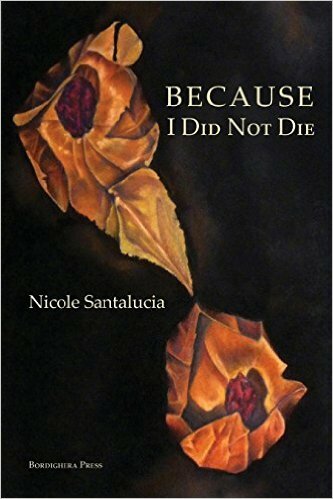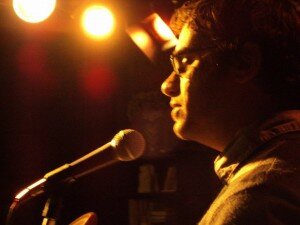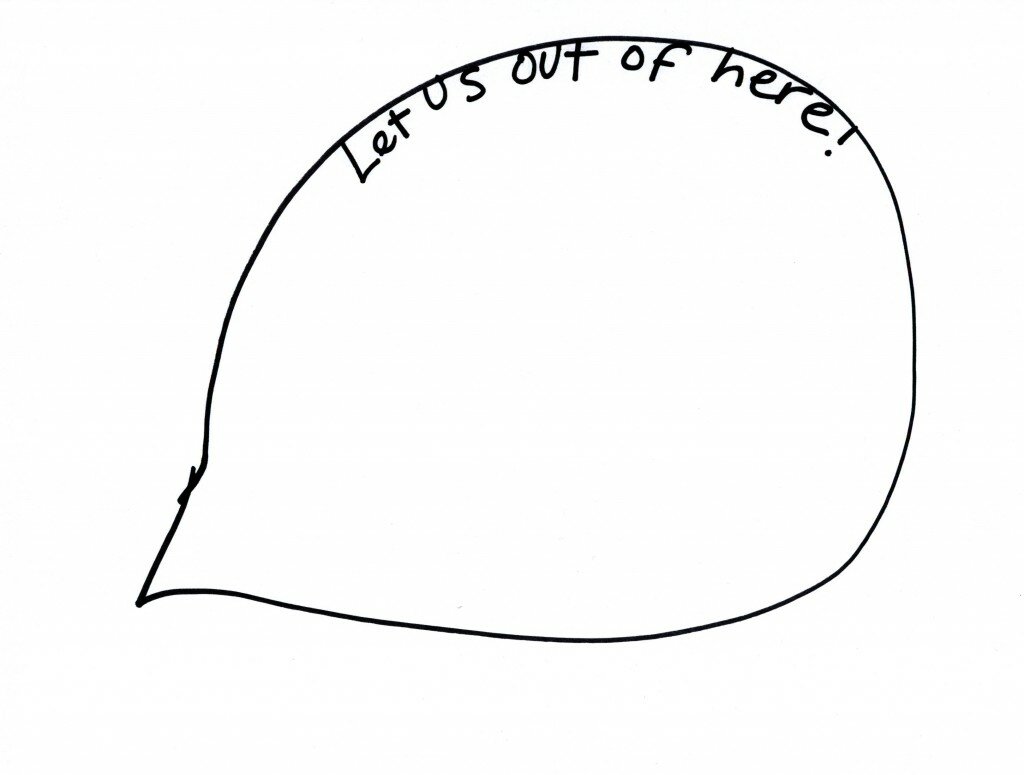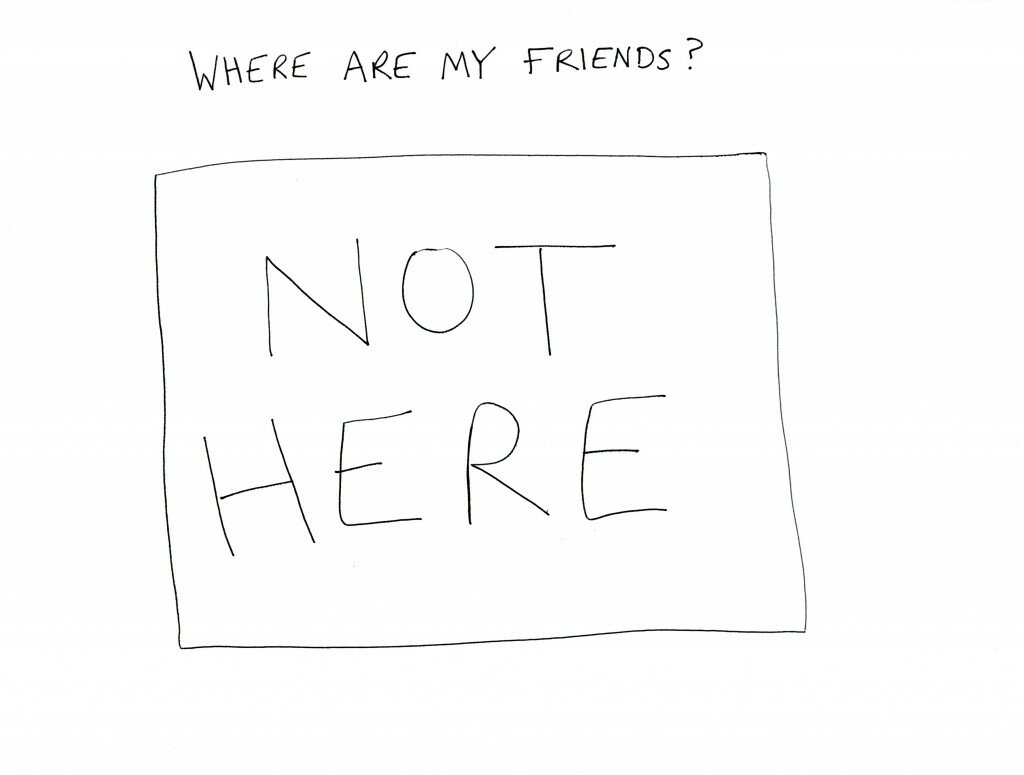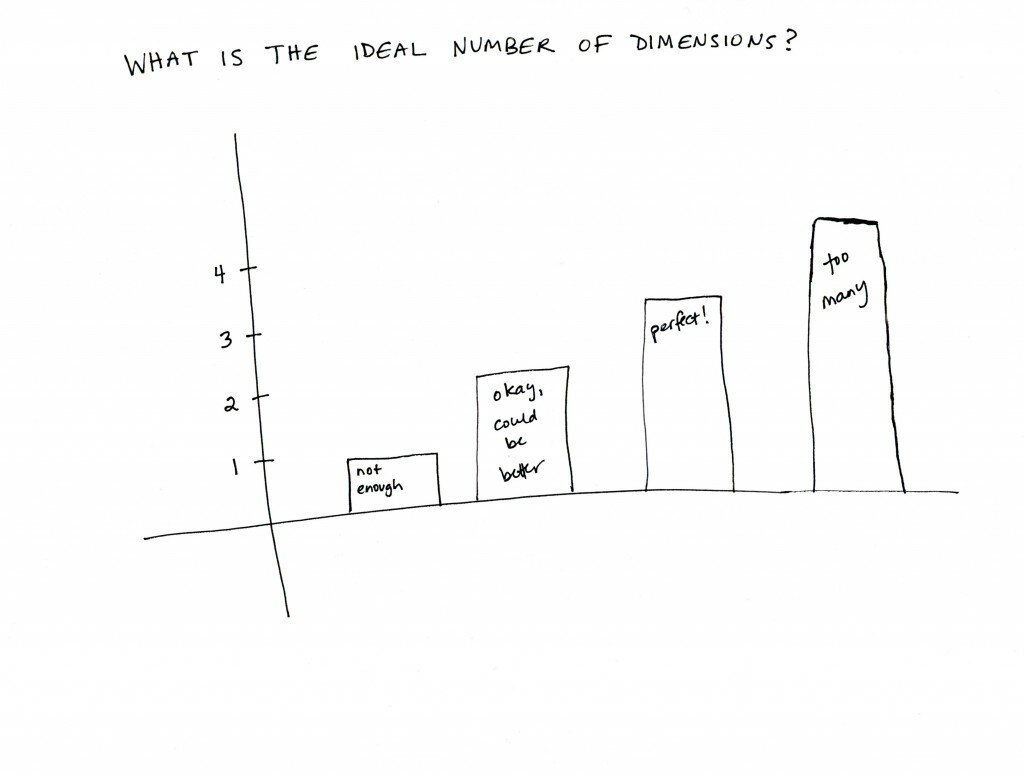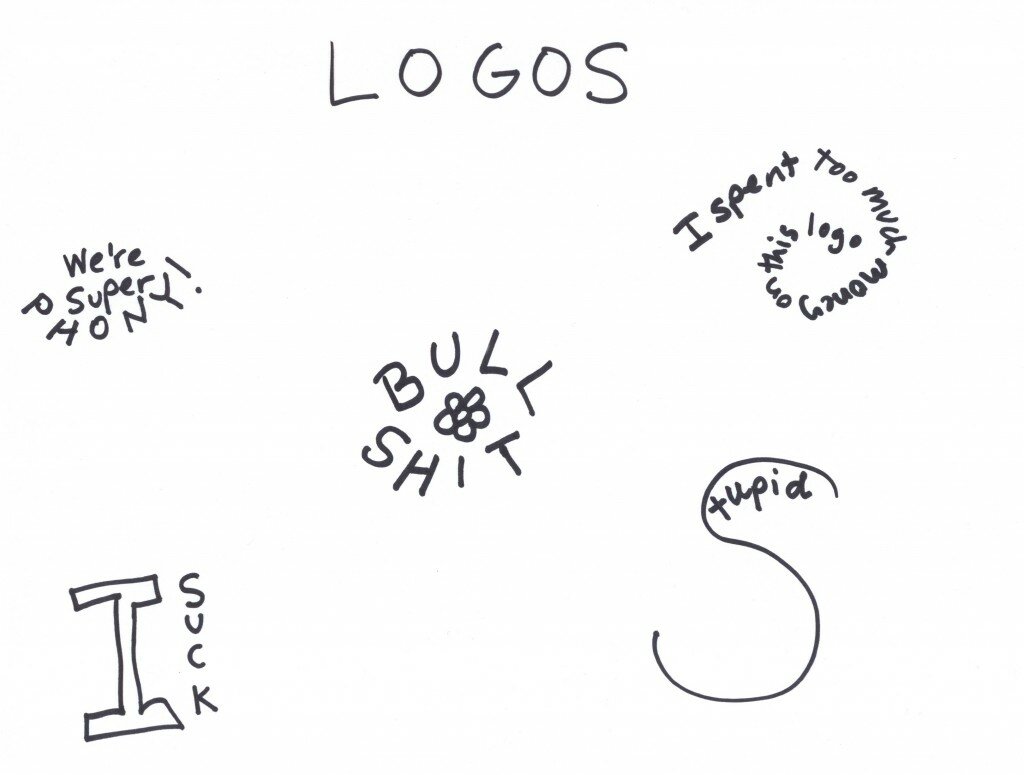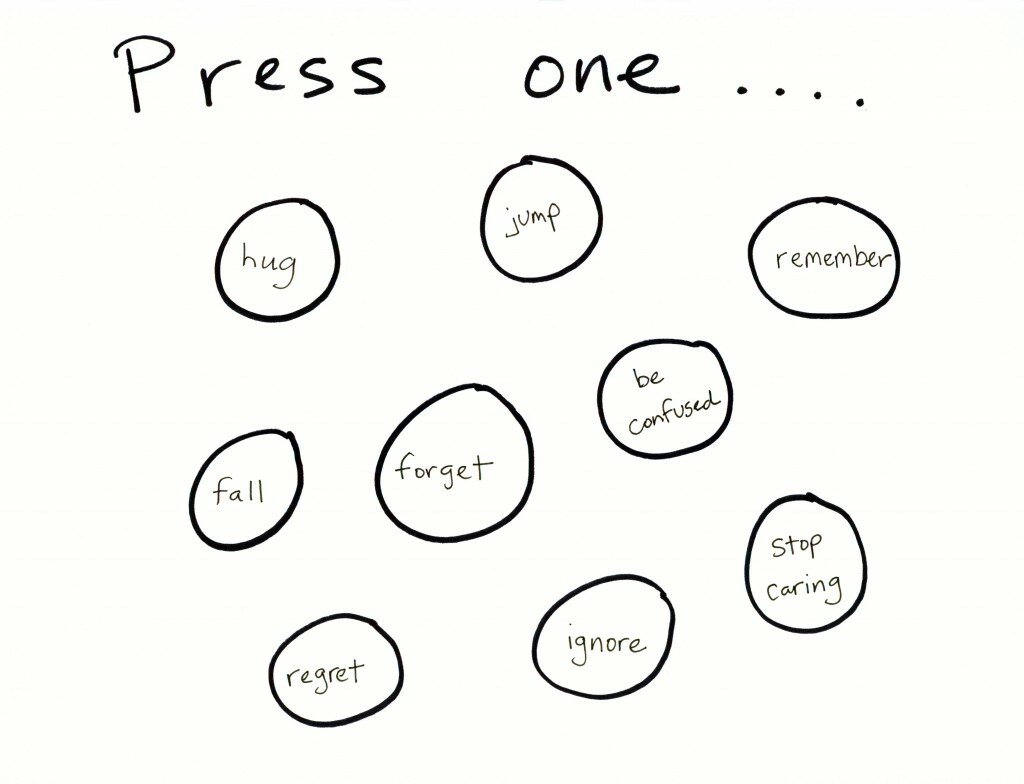Thirty Ways of Looking at a Nuyorican
I.
i do not wake up to roosters, i wake up
to construction sights & exhaling buses
II.
english was fed to me
by my television baby sitter
III.
i barely know what oceans look like
orchard beach & brighton beach do not count
IV.
rice & beans are in cans, i know how
to grow culture but barely food
V.
my skin is pale, my cousin’s skin is black
we are called white boy & negro
at the same time on the same table
VI.
i do not know how to hotwire a car
VII.
i have a fear of needles, so being a junkie is out
but being a thief is (only sometimes)
VIII.
i have more books than articles of clothing
IX.
as i remember it, i’ve been
called jewish more times after
i turned twenty one, for whatever reason
X.
i do not believe in haircuts until i
cut my hair again
XI.
when riding the train
everyone can be nuyorican but
most are new yorkers
XII.
i get lost in Queens constantly
XIII.
i’ve walked into a riot once
& immediately walked out
XIV.
excelsior
XV.
my son & i watch batman
cartoons all day
XVI.
people make fun of me for not
knowing how to drive then they visit NYC
& completely understand why
XVII.
police have stopped me for
looking too out of place,
i was standing in front of my building
XVIII.
when in London, searching for the
puerto rican flag is like trying
to find a needle in a brick wall
XIX.
spanish does not make a nuyorican
english does not make a nuyorican
XX.
the nuyorican dances in their sleep
XXI.
pedro, papoleto, miguel, sandra, louis, jorge, tato & bimbo
walk into a bar & performed magic, performed beautiful magic
XXII.
my obituary is not written yet
XXIII.
when i returned to puerto rico
everyone stared at me then i spoke
XXIV.
nuyoricans look like everyone
nuyoricans look like no one
XXV.
my son was born in chicago, lived in harlem,
moved to detroit, is puerto rican & irish
but i keep his heart in the Bronx
XXVI.
i am like every puerto rican
i am not like every puerto rican
XXVII.
in the middle of the bandera
is the heart of nuyorican
ask Betances.
XXVIII.
el morro is tattooed in every
nuyorican’s heart chamber
XXIX.
a nuyorican & a puerto rican
walk into the bar & they both
ask for a cuba libre
XXX.
patria. sangre. libertad
Inside The Museum Of Natural History
on hot summer days
so my son & i go to the museum
especially when there are no good movies showing
& your apartment has no air conditioning
we give 50 cents to them
because the tourists
behind me are paying the
full price of 25 dollars
& probably those behind them too
so don’t judge me “cashier”
i pay NY taxes & you’ve gotten enough
out of me through the years
depending on the entrance
you enter through
the museum is majestic
but we entered through
the 81st street train station
& its very anti-climatic
with the security guard yelling
at people to get in the line on the left
when we walk in we stare at the directory
i ask my son where do you want to start
he points at dinosaurs, something thats he’s
been obsessed with since he was a young boy
“we can work our way down”
i nod my head, we get in the elevator
& search for tyrannosaurus rex’s
& ancestors of domesticated animals
that i dont care to have anymore
my son’s eyes opens wide at the enormity
of these creatures no living person has ever seen
i love the museum
as much or more than most
people but the museum
of natural history is a survival
strategy game on who can get
out of the way fastest & say excuse
me the less when trying to navigate
through the these aisles
we work our way through
with a minimum of 27 excuse me’s
& 44 bumps throughs by people
who aren’t watching where they walk
a grown man runs into my son
& turns around & kind of shrugs
it off like it was his mistake
i give him a death stare that burned
through his skull as his fear rose
he apologizes & i told him to
apologize to my son not to me
so we begin:
we walked through rural america but not “actual” america
biodiversity but not cultural diversity
environmental halls but not environmental change
human origin & fossils but not current events or human conflict
ocean life but not corporate destruction of oceans
birds, birds, & more birds but not new york city pigeons
reptiles & amphibians like snakes in congress
african people & rare gems but not blood diamonds
from slavery & colonization
primitive mammals like republicans
vertebrates & spineless animals like politicians & heads of state
mexico & the celebration of its culture
but no talk of american imperialism, stealing countries or the negative outlook
of forced immigration to a country inhabitants due to war or invisible borders
central america
but there’s no word on how many coups the United States have funded in the last 50 years
mammals, mammals, mammals of every kind
meteorites that have fallen from the sky are so fucking important too
north american forests
pacific indians
plains indians
woodland indians
northwest coast indians
south american peoples
(because the word indigenous may have been too long)
but no mention about
the amazon destruction since corporations who are funding these exhibits
who are constantly trying to tear it down
north american mammals not including
donkeys & elephants because who really cares about democrats & republicans
& the big blue whale in the middle of the large room
& my son asked so many questions
& i told him as many answers i could
but also told him soon
you my young little animal liberationist
will make your own decisions
& you will look at these institutions
that will not include many of us
in their documentation
until we are dead &
thats when all the things
i tell you will make sense
why fast food pizza cost
more than a cup of celery or grapes
or why people look at you strange
for donating birthday money to dog shelters
you’ll see how this world
will work against you sometimes
remember your principles
& remember to look up
once in a blue because
one day a meteor will fall out the sky
& i want you to be ready because
everyone else will have their heads
in their phones & you’ll yell at them
to hurry to safety but being the primitive
mammals some of people are, they will stand
there, get wiped out then
get put in a museum.
Listen to the audio of these poems here:
Bonafide Rojas is the author of three collections of poetry: Pelo Bueno, When The City Sleeps, & Renovatio. He’s been published in Chorus, Manteca, Bum Rush The Page, Role Call, Learn Then Burn, Mi No Habla Con Acento & Becoming Julia & numerous other journals. He is the founder of Grand Concourse Press, the band The Mona Passage & currently lives in The Bronx, NY. He loves pizza.

